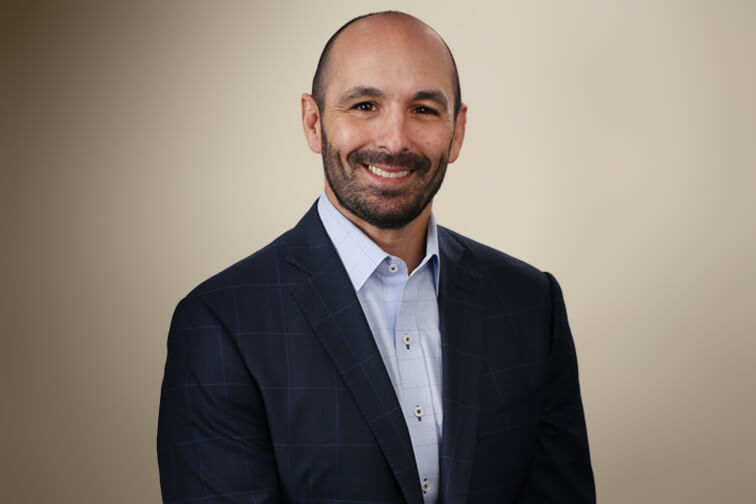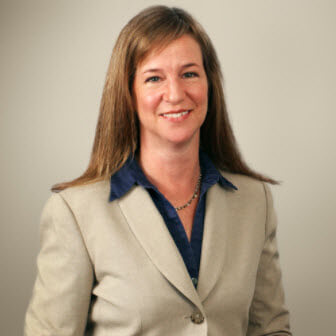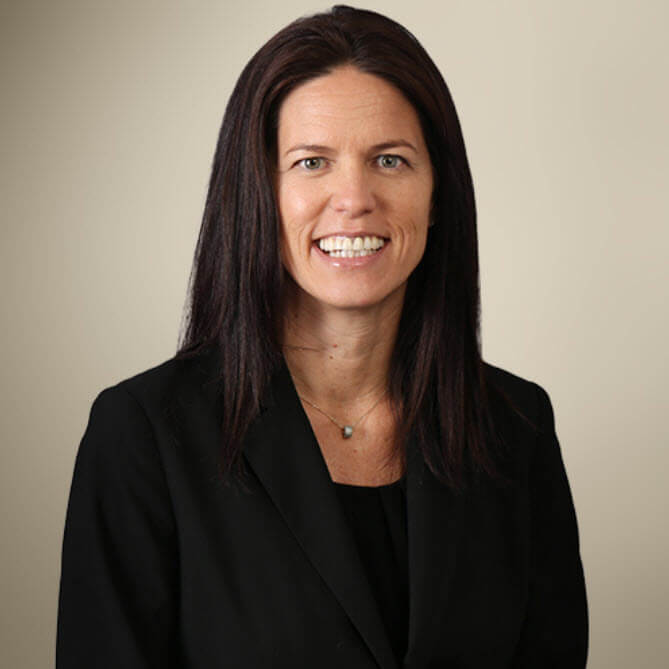Advisor Showcase: Guiding Clients Through Pandemic-Driven Uncertainty
Litman Gregory’s advisors were featured in North Bay Business Journal’s report on wealth managers. The survey included questions about the impact of COVID-19 on client relationships and services, the trends advisors are seeing in client portfolios, advice they’re giving clients for the future, and the common mistakes investors make in times of great uncertainty. Below we share a selection of responses from Senior Advisors in our advisory team: Gretchen Hollstein, CFP®; Lesley Cannan, CFP®; Craig Keller, CFA; Chris Wheaton, CPA, CFP®; Monica Muñoz, CFP®, and Bill Thompson.
How has the COVID-19 pandemic changed your relationship with clients or the services you offer?
Gretchen: Experiencing this pandemic along with my clients hasn’t necessarily changed my relationships with them. It’s more reinforced the benefit of having already created strong, engaged relationships. This set the stage for me to be able to have candid conversations with clients about what they are really experiencing today—whether it be about family, health, work, or anxiety about the future. Knowing what really matters to each client allows me to help them make effective personalized decisions about their finances and investments. And, whether it’s a stated demand or not, the service our clients seem to need from us more than ever is the ability to synthesize the onslaught of economic and market news, determine what impact it has on them, and help them decide how they should navigate these turbulent times. The level of uncertainty may be higher now than at any time in my 25-plus-year career, but we can still help clients focus on what we do know and what we can control together to make smart, impactful decisions.
Lesley: Listening is always the priority in my role as advisor. We are all impacted by this pandemic and have had to adapt our lives. Every one of us is working, learning, and living remotely. We are all concerned for the health and well-being of our children, our parents, and ourselves. In many cases we have communication with each of these generations, which is both an honor and advantage when it comes to our collaboration and consistency of advice. As a result of this shared experience, I feel more connected with clients than perhaps at any other time.
What general trends have you seen in client portfolios so far this year? Did activity increase or decrease and did clients hold steady on their path?
Chris: The general trends in our client portfolios in the first and second quarter included more frequent rebalancing due to market volatility, tax-loss harvesting, and the reduction of our underweight to U.S. stocks in April. Most of our clients had an increase in activity due to our rebalancing and tax-loss harvesting.
Craig: Not surprisingly given the conditions, in the eye of the storm in February and March there was a natural client reaction to want to hide from volatility and get more defensive, albeit after the fact. While most clients held steady, there was a general desire from clients to have greater liquidity on hand to ensure that in the event of an extended decline for markets that they could continue to adhere to sound, long-term investment principles.
Do you foresee any permanent business changes from the COVID-19 pandemic or the resulting economic disruption?
Lesley: We are fortunate our firm’s leadership and business continuity teams had made technology and security a priority well ahead of the current need for a fully virtual workplace. There was high adoption of remote work resources across our firm employees and partners going into the shelter-in-place order that quickly was embraced by all shortly following. The biggest shift has come from our clients in their willingness to adjust how we engage to align with the recommendations of health officials. Hard copy mailings are all now electronic with very few exceptions and in-person meeting have been substituted with Zoom. For many reasons including security, environmental considerations, and simply the adoption of new habits, I cannot envision a return to the level of printing and mailings we had been sending pre-pandemic. Zoom has been a great option to “see” our clients and I expect it will continue to play a role for some time particularly for clients where air travel is needed to meet in person. That said, I miss sitting face to face with clients and look forward to when it is safe for us to do so.
What’s your advice on the future to your clients?
Monica: Given the level of uncertainty that comes with investing, particularly in the current environment, focusing clients on their long-term goals and revisiting their financial planning projections has helped to reinforce the importance of staying committed to their investment strategy. To help our clients “stay the course” we are talking with them about ways that they can take action in this environment: for example, confirming an appropriate “emergency” fund, revisiting their financial plan and/or cash flow planning, harvesting taxable losses, and taking advantage of new tax laws under the SECURE and CARES Acts. We are also encouraging our clients to take breaks, when possible, from the 24/7 news cycle, which can cause additional stress and anxiety.
Are you seeing new clients seek out professional wealth management assistance in this period of uncertainty?
Gretchen: We have seen a steady flow of referrals over recent months and welcome the chance to talk with people about how we may be a fit for their needs. In our experience, volatility and uncertainty create new questions and anxieties. During times like this, we are often approached by people who either feel underwhelmed with the service from their current advisor or overwhelmed by managing their finances and investments on their own. We believe that the value brought by an objective and engaged partner in the wealth management process can lead to more confidence and financial success.
What mistakes do you see individual investors making in the current financial climate?
John: The most common mistake is to let near-term risks impact long-term investment decisions. For example, investors often sell equity positions during a broad selloff and increased volatility, as their near-term risk tolerance decreases, thus risking the permanent loss of capital. There may be good reasons to increase cash for near- to intermediate-term needs but letting emotions and near-term concerns drive investment decisions generally leads to poor decisions. Our role as fiduciary partners is to serve as the objective voice at the table, ensuring our clients balance both near- and long-term risks with opportunities.
—
Just as we are honored to be a resource to the readers of the North Bay Business Journal, we welcome questions from clients, friends, and new acquaintances. If you would like to talk further with our advisory team about these issues or other questions, please feel to contact us.
DISCLOSURE
This report is solely for informational purposes and shall not constitute an offer to sell or the solicitation to buy securities. The opinions expressed herein represent the current views of the author(s) at the time of publication and are provided for limited purposes, are not definitive investment advice, and should not be relied on as such.






